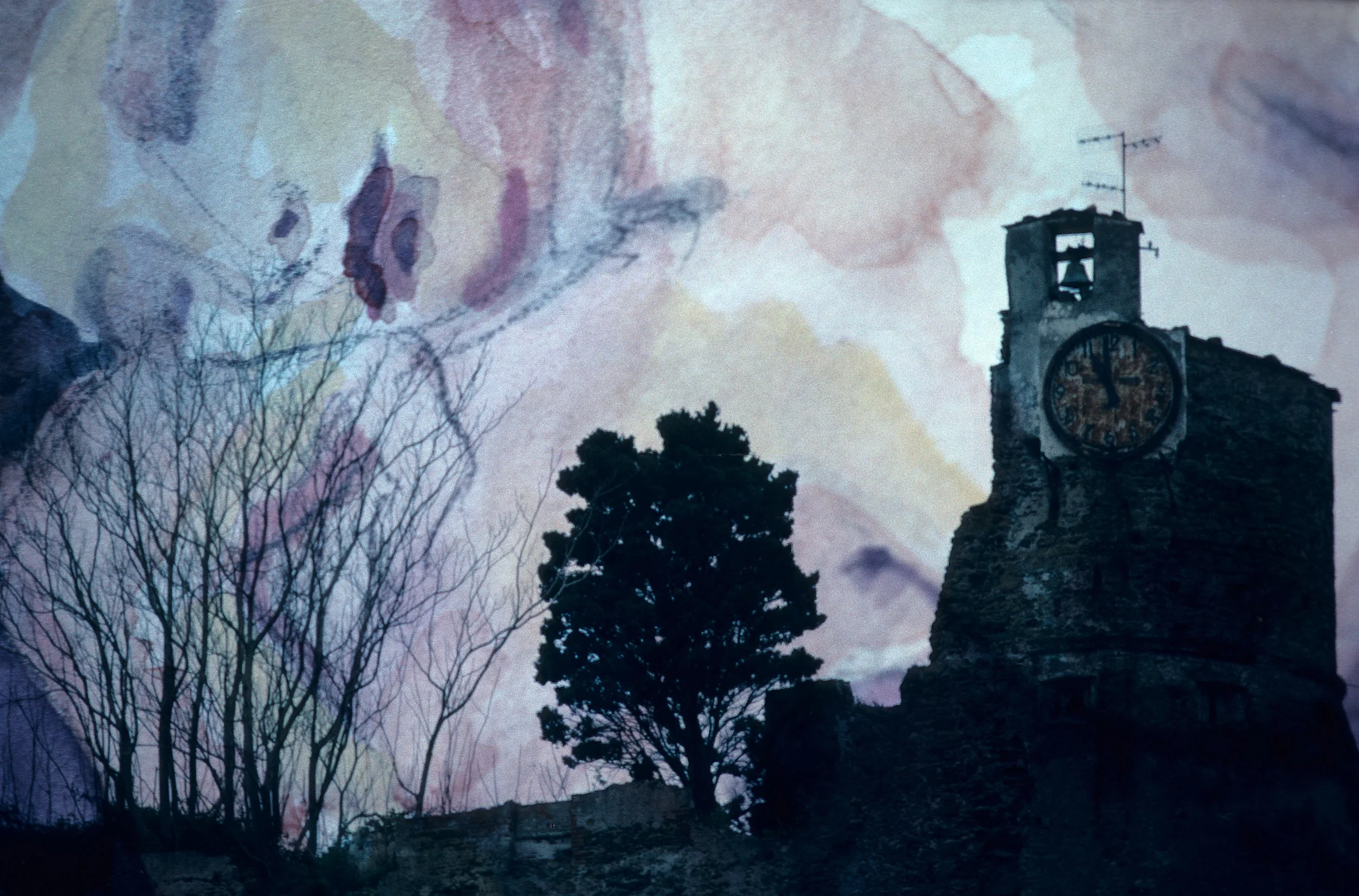
Women’s Depth Psychology
Workshop
Throughout history, men, science, and spiritual ideals have colonized women’s bodies and psyches. The feminine is in a collective state of PTSD—traumatized, fragmented and in search of her lost essence, the part pulled under and buried by the weight of the patriarchy. Women wear many masks to conceal their wounds and the wounds passed down by their ancestors: identification with the oppressor, seduction, denial, servitude and submission. None of these masks are representative of the fully embodied, powerful feminine.
Depth psychology cannot be separated from the oppressive history of violence against women and the feminine. The field of psychology emerged out of the examination and treatment of female patients by male physicians. All the early theories were built on masculine mythologems or archetypes. Freud, often considered the father of depth psychology, based much of his theory on the mythological figure of Oedipus. A large portion of Jung’s psychological theory was birthed from the archetypes of the hero and the alchemist. What is true of both these original founders of depth psychology is that they believed in the power of myth to contain and hold secrets of human life. We have learned a great deal from Jung and Freud in relation to the processes and manifestations of the unconscious. However, what is largely absent from the early literature of Jungian and psychoanalytic thinking are theories of the psyche based on central feminine archetypes and women’s lived experience.
Jung considered individuation a series of initiations that must be survived, but many contemporary Jungians (including Woodman, Meador and Douglas) point out that Jung’s original theory does not adequately account for a woman’s journey toward wholeness.
This workshop explores
Archetypal patterns of the feminine
Trauma theory
The oppressive history of the feminine in the field of depth psychology
The social justice and social responsibility concerns related to violence against women
“You can only be really conscious of things which you have experienced, so individuation must be understood as life.”
